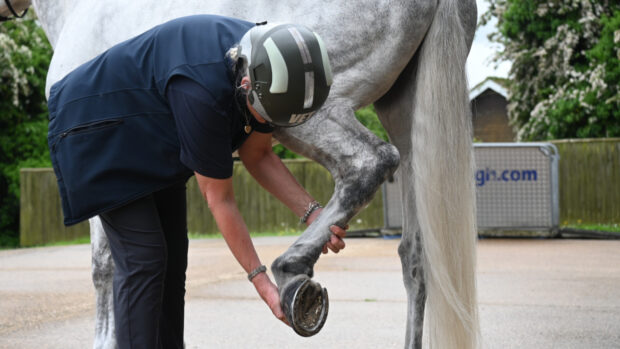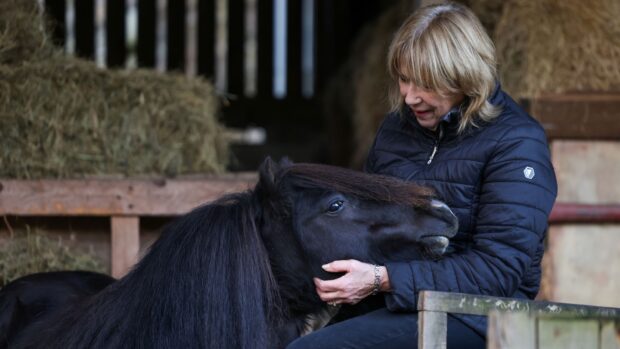Horse owners are set to make major savings on medicines prescribed by vets from November, thanks to an inquiry by the Competitions Commission (CC).
The report uncovered three “complex monopoly situations” surrounding the sale and supply of prescription-only medicines (POMs).
“Prices for veterinary medicines are too high,” said the then Department of Trade and Industry (DTI) minister, Patricia Hewitt. The report highlighted the fact that vets were failing to inform owners they could buy POMs from another vet or pharmacy, and that the cost of POMs was rarely discussed between vet and client before they were prescribed.
Now, the Department of Trade and Industry (DTI) is preparing a Statutory Instrument on 30 October, requiring vets to release more information about the medicines they prescribe and drop prescription charges (currently ranging from free to over £24).
The Royal College of Veterinary Surgeons (RCVS) is also making changes to its professional code of conduct. From November, vets will be required to tell their clients if the medicines they are prescribing are available from a pharmacy. They will also have to provide itemised bills, so medicine costs are distinguished from services.
“People didn’t realise they had a choice with veterinary medicines,” said Geoff Watson, a pharmacist with hyperdrug.com, also known as Equine Pharmacy Direct.
The company processes around 100 prescriptions a week and its three biggest selling POMs for horses are the anti-inflammatory Bute [Pro-Dynam or Equipalazone], Ventopulmin for respiratory problems and Pergolide, used for Cushing’s disease.
Hyperdrug.com expects business to boom once owners realise they can obtain a prescription from their vet and buy medicine elsewhere.
“The most important thing for the animal owner is that they will be able to shop around. In an emergency situation and when a medicine needs to be injected, they are likely to buy from their vet — but in routine treatment they will now be aware they have options,” said Watson, citing an example from the report where a vet charged £109.21 for 30 tablets of Cyproheptadine, a drug used for head shakers. The tablets, Watson told Horse & Hound, actually cost just 86p.
“I think that £109.21 goes beyond greed and is verging on fraud,” he added. If owners start to save money on medicines, there may be a knock-on effect on insurance policies, too. Simon Mackaness, director of South Essex Insurance Brokers, ruled out an immediate reduction in premiums, but said the market was likely to become more stable as a result.
“Anything that can help to reduce vet costs has got to be of benefit to the whole equestrian industry and individual horse owners,” said Mackaness. “Vets’ fees have been a major problem for insurers because of the escalation of costs and wide range of treatments available.
Realistically, the first step will not be a reduction but a stabilisation — all insurers have suffered from vet fee claims.” “I think it’s a really good idea,” said Hetty Stern, a keen eventer whose family owns 10 horses. “Sometimes vets overload you with jargon and you’re never told there’s a cheaper alternative.”
But the RCVS warns reducing profit margins on medicines could result in an increase in vets’ fees.
“If profits on the sale of medicines are squeezed it’s inevitable that practices will seek to compensate by an increase in fees,” said Lizzie Lockett, an RCVS spokesman. “The DTI acknowledges this. Vets may suffer losses as a result of not being able to charge for prescriptions or by losing medicines sales, but will still be able to charge for advising which medicine, possible side effects and how to administer it.
“One benefit is that vets will have to break down their bills in a clearer manner.”



